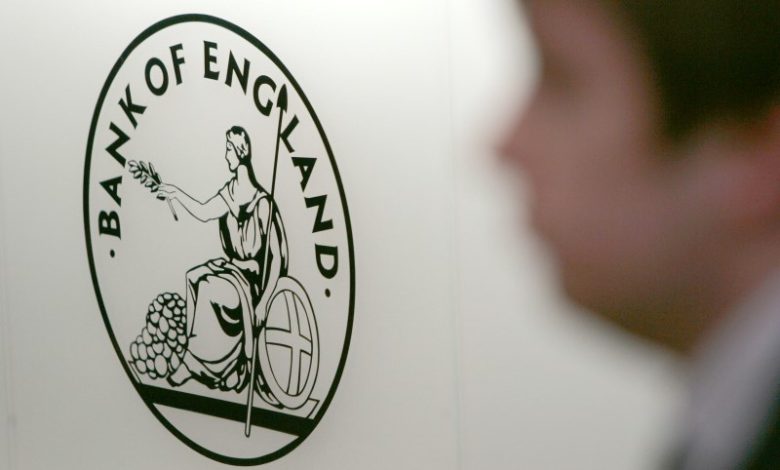
Bank of England Falls Short of Bond-Purchase Target After Resuming QE, Says Reuters
By Ana Nicolaci da Costa
LONDON – The Bank of England missed its target by £52 million (approximately $68 million) in an attempt to purchase over £1 billion of long-dated government debt on Tuesday. This marks an early setback in one of the central bank’s latest efforts to stimulate the UK economy.
For the first time since the BoE began buying government bonds to support the economy in 2009, it was unable to find sufficient sellers to meet its purchase goal, resulting in a decline in bond yields to historic lows.
Investors presented the Bank with £1.118 billion in gilts with maturities exceeding 15 years, falling short of the £1.170 billion target. This is in stark contrast to the substantial short-dated debt available for the BoE during a buy-back on Monday.
Tuesday’s reverse auction was the BoE’s first attempt to acquire long-dated bonds since announcing a reduction in interest rates and a resumption of its quantitative easing program in response to the economic impacts of the UK’s exit from the European Union.
The BoE’s last significant purchase of gilts took place in 2012, and it plans to buy £60 billion of government debt over the upcoming six months.
The central bank stated it would address the shortfall on Wednesday morning.
"In itself, the lack of offers is not surprising," noted Jason Simpson, a UK rate strategist. "It is somewhat unexpected to see this happen so early in the process, which could raise concerns for the Bank of England."
Investors may be hesitant to part with long-dated bonds due to their higher returns in the current market, coupled with a limited issuance in that segment over the summer, he added.
The recent return to quantitative easing was part of a broader strategy to mitigate the economic fallout from the Brexit decision. However, some critics express doubts about the efficacy of further monetary easing when interest rates are already near record lows.
The BoE aims to conduct three gilt reverse auctions weekly until the end of October, purchasing baskets of gilts with varying maturities: 3-7 years, 7-15 years, and over 15 years.
On Monday, investors were quick to sell 3-7 year government bonds to the BoE, as potential price increases in this segment are limited given that yields are nearly zero and the BoE has ruled out negative interest rates.
In contrast, long-dated gilts are less liquid and are in high demand from British pension funds and insurance companies required to hold them for regulatory compliance.
Following the unsuccessful buy-back, 20-year gilt yields hit a record low of 1.201 percent, while 30-year yields dropped to a record 1.362 percent, both decreasing by more than 5 basis points on that day. Yields on five- and ten-year gilts also reached historical lows.
 GOOGL
GOOGL  META
META 


